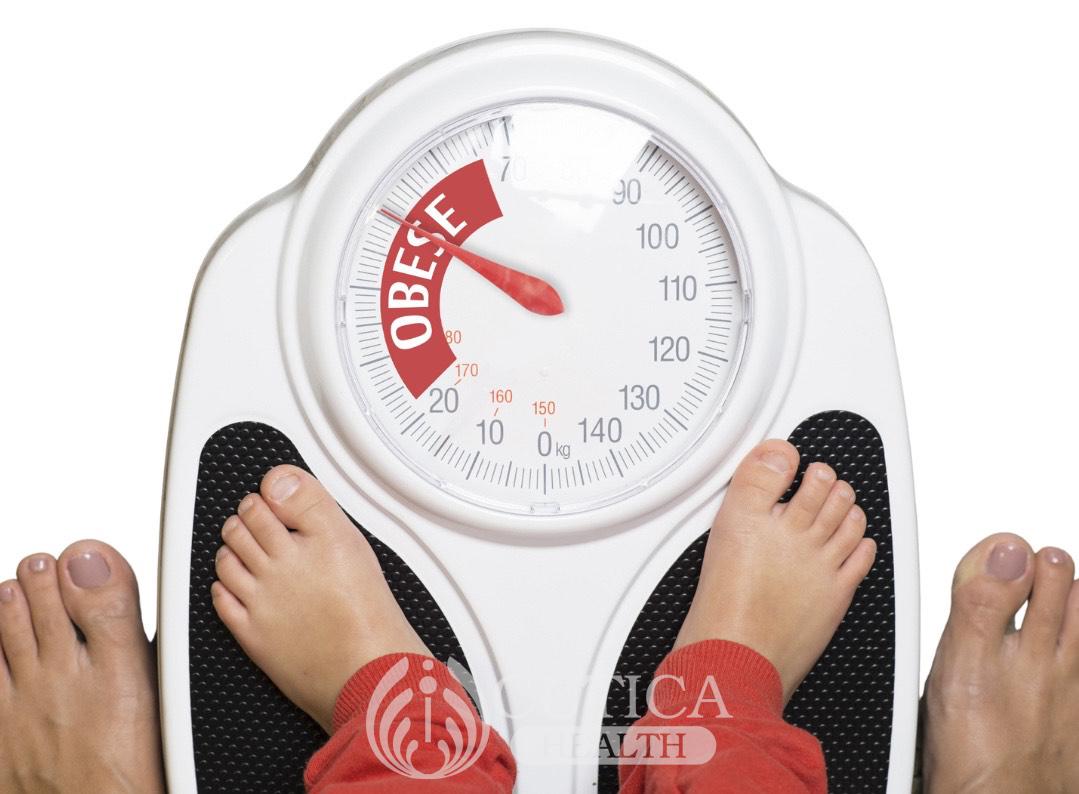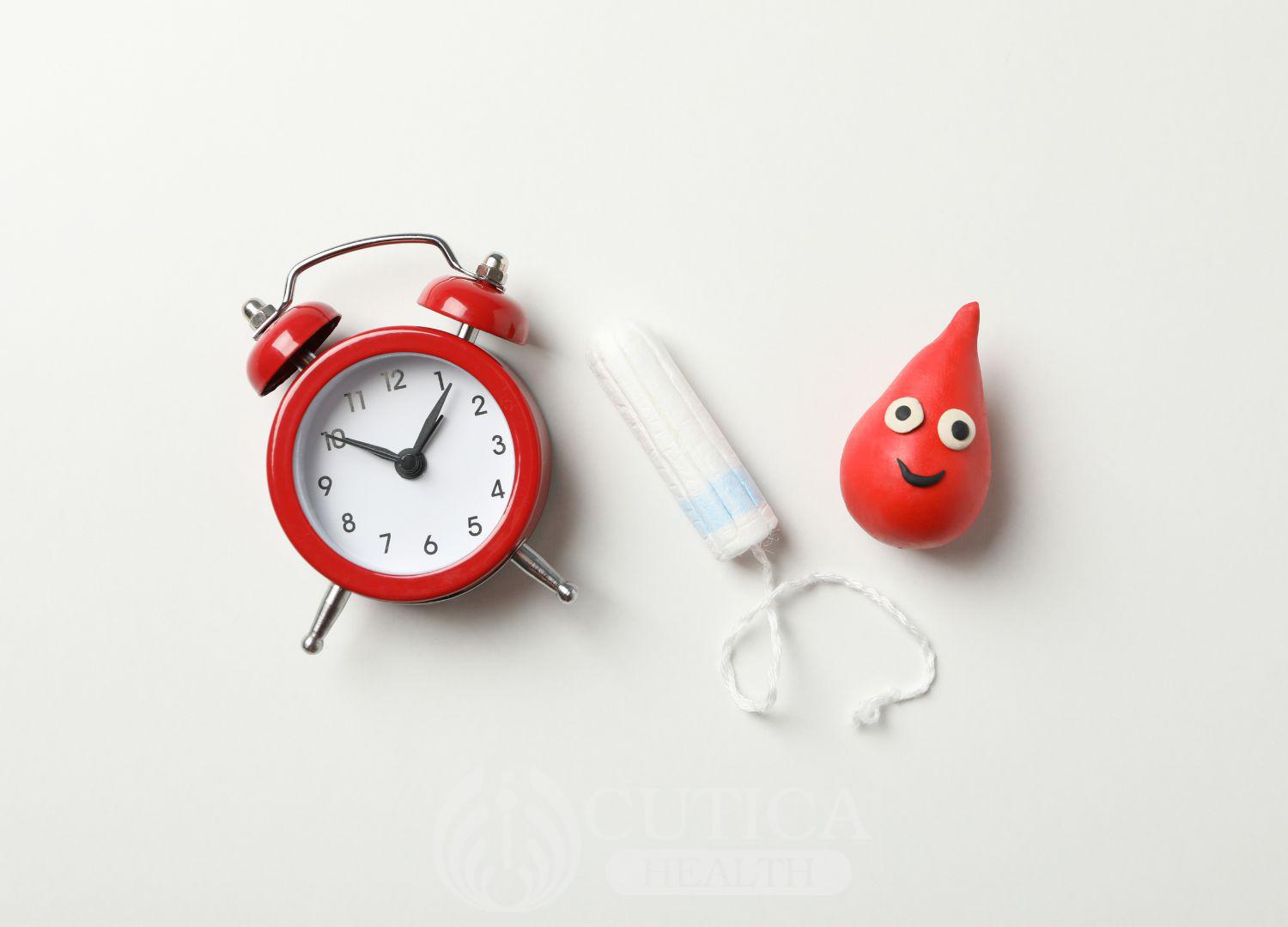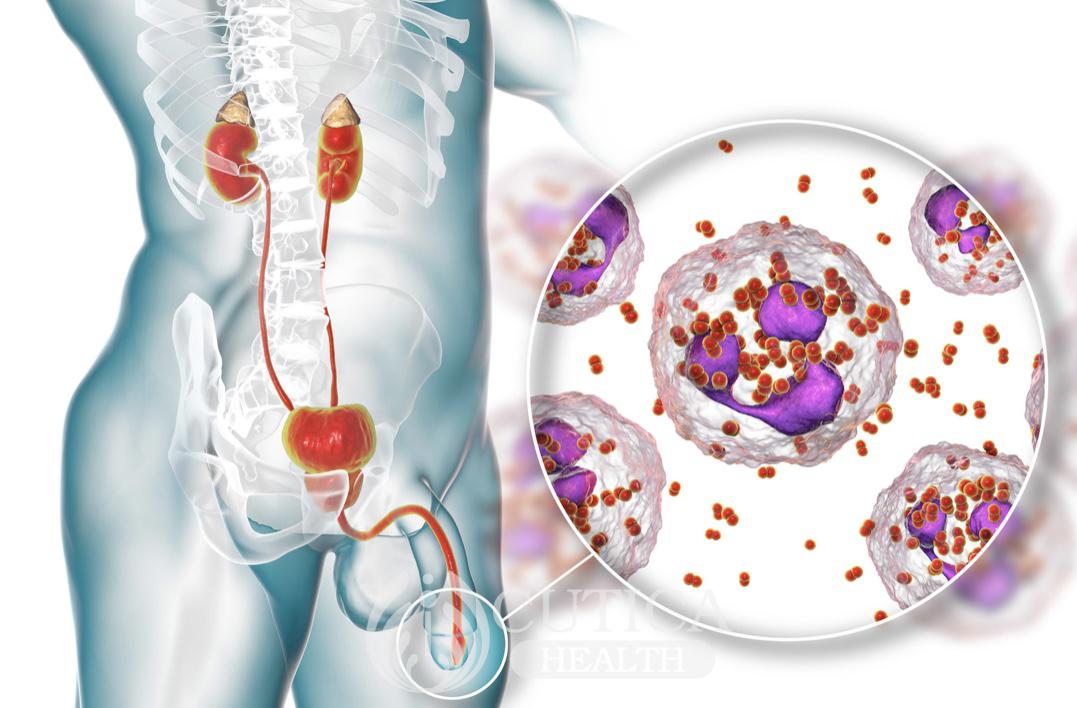
According to the World Health Organization (WHO), obesity rates in the world have tripled since 1975. In 2016, 340 million children between ages 5 - 19 were obese while 39 million children below the age of 5 fell into this category.
Childhood obesity poses a significant number of health risks for children, ranging from respiratory problems such as sleep apnea and asthma to heart diseases such as hypertension. Further, obese children are also at an increased risk of developing insulin resistance, type 2 diabetes, joint problems, and fatty liver disease. Psychological issues such as depression, anxiety, low self-esteem, and eating disorders can occur as well.

Finding a way to manage childhood obesity is necessary to ensure that children live a healthy life. Here are some tips to try if you have an obese child:
Get them moving: a sedentary lifestyle can contribute significantly to childhood obesity. Try to reduce the time they spend watching television or playing on the computer and introduce more physical activities. At least 60 minutes of daily exercise is recommended for children, but 10 - 15 minutes of activity spread throughout the day is a good start. This time can gradually be increased until the normal exercise goal is reached.
Make it a family affair: Introduce easy changes to the whole family’s daily routine.
- Instead of the elevator, opt for taking the stairs.
- Park your car at the far end of car parks to get everyone walking
- Walk short distances instead of driving.
- Encourage eating together as a family; this will help in monitoring their portion size.
- Discourage eating meals while watching television or playing on the computer or other devices.
- If meal changes are being made, the whole family should try it out rather than singling out the child.
Don’t use food as a reward or a punishment : when rewarding children for good behavior or achievements, try other rewards and incentives instead of food. Using food as a reward creates a mindset that encourages the child to act right just to get food. Most importantly, don’t use junk food or desserts as a reward or incentive for eating healthy food.
On the other hand, using food as a punishment can cause the child to overeat because they don’t know when the food will be taken away. Additionally, don’t label foods as good or bad; instead teach them about eating in moderation.
Be supportive : Bullying can also occur in the home. Ensure the home is a safe space; discourage name-calling or comparisons in the house, even from adults. Reward them for their little achievements such as losing a certain amount of weight, opting for a healthy snack instead of junk food or sticking to just one portion of a meal. Each bit of encouragement goes a long way.
Serve as a role model: children are more likely to copy what they see others around them do. Don’t tell them to eat vegetables and then choose burgers instead. Eat healthy foods; choose active hobbies and past-times that they can participate in.

Be supportive : Bullying can also occur in the home. Ensure the home is a safe space; discourage name-calling or comparisons in the house, even from adults. Reward them for their little achievements such as losing a certain amount of weight, opting for a healthy snack instead of junk food or sticking to just one portion of a meal. Each bit of encouragement goes a long way.
Serve as a role model: children are more likely to copy what they see others around them do. Don’t tell them to eat vegetables and then choose burgers instead. Eat healthy foods; choose active hobbies and past-times that they can participate in.

CONCLUSION
Childhood obesity is increasing all over the world and Africa is not excluded. This has been linked to high-calorie but low-nutrient food which is more readily available, especially in low and middle income countries. As a result of the high risks of physical and mental complications, parents and health experts must do the needful to lower the burden of childhood obesity.












